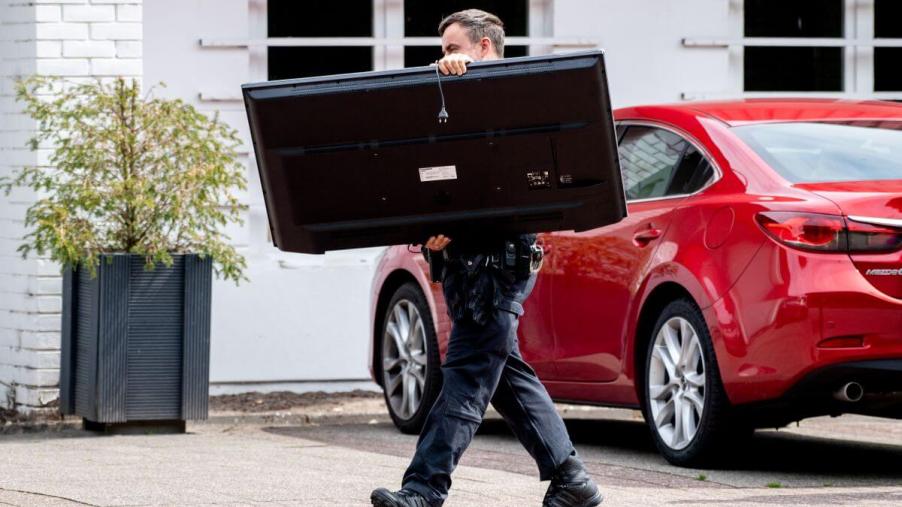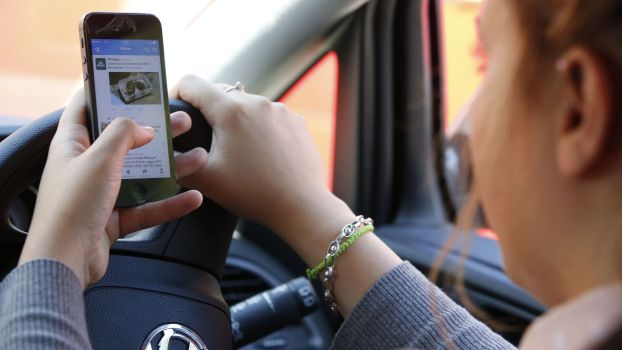
When, Why, and How Police Can Confiscate Property From Your Vehicle
Can the property in your vehicle be legally confiscated, even if you’ve done nothing wrong? As much as we’d like to tell you this can’t happen and you’re lawfully protected, a police officer can seize any vehicle property during a traffic stop, even when you’re not charged with a crime. This puts you in a tenuous situation between obeying the police when pulling your car over and losing property that’s legally yours that you might never see again.
What is civil asset forfeiture?
Cops must have warrants and reasonable cause to exorcise criminal asset seizure, but the rules are much more lenient regarding civil asset forfeiture. In this case, police officers may require drivers to hand over any property inside a vehicle without a conviction or criminal charges. Can you imagine handing over money, tools, or electronic devices without being charged with a crime or arrested?
As Find Law tells us, when cops exorcize civil asset forfeiture, the property becomes the defendant in the case, not the property owner. This sounds strange, but the basis for this action is to halt criminal activity involving the property when officers suspect it has been or will be used in illegal acts such as illicit drug transactions.
Civil asset forfeiture laws vary by state, meaning different police departments must apply the actions in various ways. Some states, such as Florida, require showing beyond reasonable doubt that the property is linked to criminal activity, but other states don’t require as much proof.
This type of property seizure can be bad enough to leave a person stranded miles from home while the police have a vehicle towed away simply because of suspicion of wrongdoing. According to USA Today, this happened to a single mother in Wayne County, Michigan, who was given only one option of getting her car back:
“Settle out of court and pay $1,800 plus towing and storage fees.”
What happens to vehicles and property seized by police?
How lost would you feel when the people who swore an oath to “protect and serve” take your vehicle or property within your car simply based on a hunch and without arresting you? This certainly could sway your trust regarding police departments in general, but it gets worse.
In many cases, the seized property is confiscated and only held for a short time. Sometimes, victims can get their property back, but this often takes months or years. However, in many cases, this property goes to auction, and the proceeds go directly into the police department coffers. If this sounds controversial, you’d be right; it’s a huge problem and concern among many victims and organizations. As Find Law states:
“Critics have referred to civil asset forfeiture as policing for profit. Federal forfeitures totaled $93.7 million in 1986. In 2014, federal forfeitures amounted to $4.5 billion.”
Most of this money goes directly into police departments’ accounts. Property not sold at auction is used for educational purposes, which still doesn’t return the property to the victim.
Many organizations think asset forfeiture is easily abused
USA Today describes another Detroit driver who faced a similar situation to the woman described above. She drove her child to school, left to pick up a friend and give them a ride, and her car was taken without her or her friend being arrested. She is quoted as being told by police that the only offense was driving in the “wrong neighborhood,” although she was left on the same road in the same neighborhood by police officers.
Civil asset forfeiture laws are under scrutiny by organizations such as the ACLU and being heard by the Supreme Court. These laws were made to combat large-scale criminal organizations, but some police departments have begun using them to increase departmental funds. In Wayne County, Michigan, alone, more than 2,600 vehicles were seized, and owners paid more than $1.2 million to get them back, with very few vehicle owners facing tickets or violations.
Without many checks and balances to this law nationwide, cops can easily confiscate property without criminal charges, warrants, or proof of wrongdoing.




